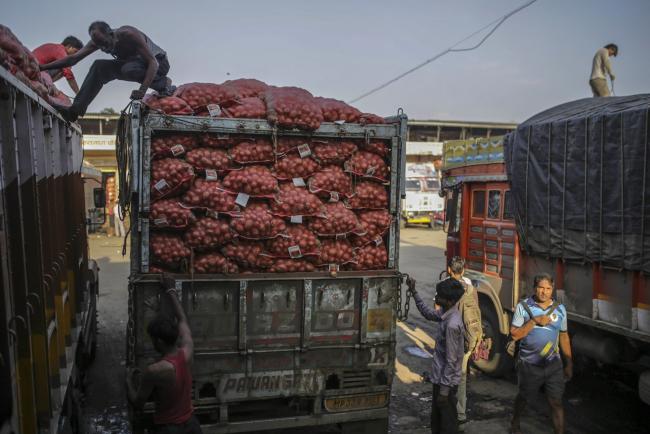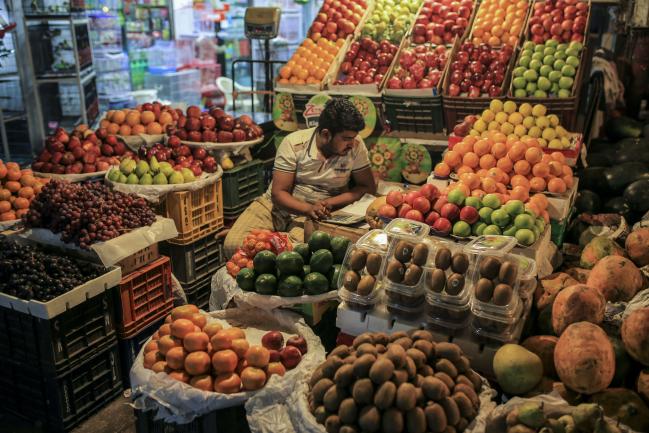(Bloomberg) -- Sovereign bonds in India are set to decline after inflation surged sharply in December to touch a five-year high, casting doubts over any near-term monetary easing.
Consumer prices rose 7.35% last month, exceeding the 6.7% median estimate of analysts surveyed by Bloomberg, official data late Monday showed.
The inflation jump, largely driven by food prices, risks stalling the recent rally in the nation’s bond markets. With high consumer prices limiting the ability of the Reserve Bank of India to cut rates further to revive economic growth, the government may be forced to spend more.
“In the short term, sentiment on the benchmark 10-year will be hit,” said A. Prasanna, chief economist at ICICI Securities Primary Dealership Ltd. in Mumbai. Yields may rise as much as seven basis points at the open, he said.
The yield on the benchmark 10-year bond rose one basis point to 6.60% on Monday.
Separately, the RBI said that it swapped debt with the government on Monday, selling 419.2 billion rupees ($5.9 billion) worth of bonds maturing in 2020 in exchange for longer-dated notes.
The debt swap could significantly lower the probability of further Twist operations by the RBI, said Prasanna.
That would be another blow to bond traders. In an effort to lower borrowing costs without cutting rates, the RBI has been selling 2020 bonds and buying longer-dated debt.

